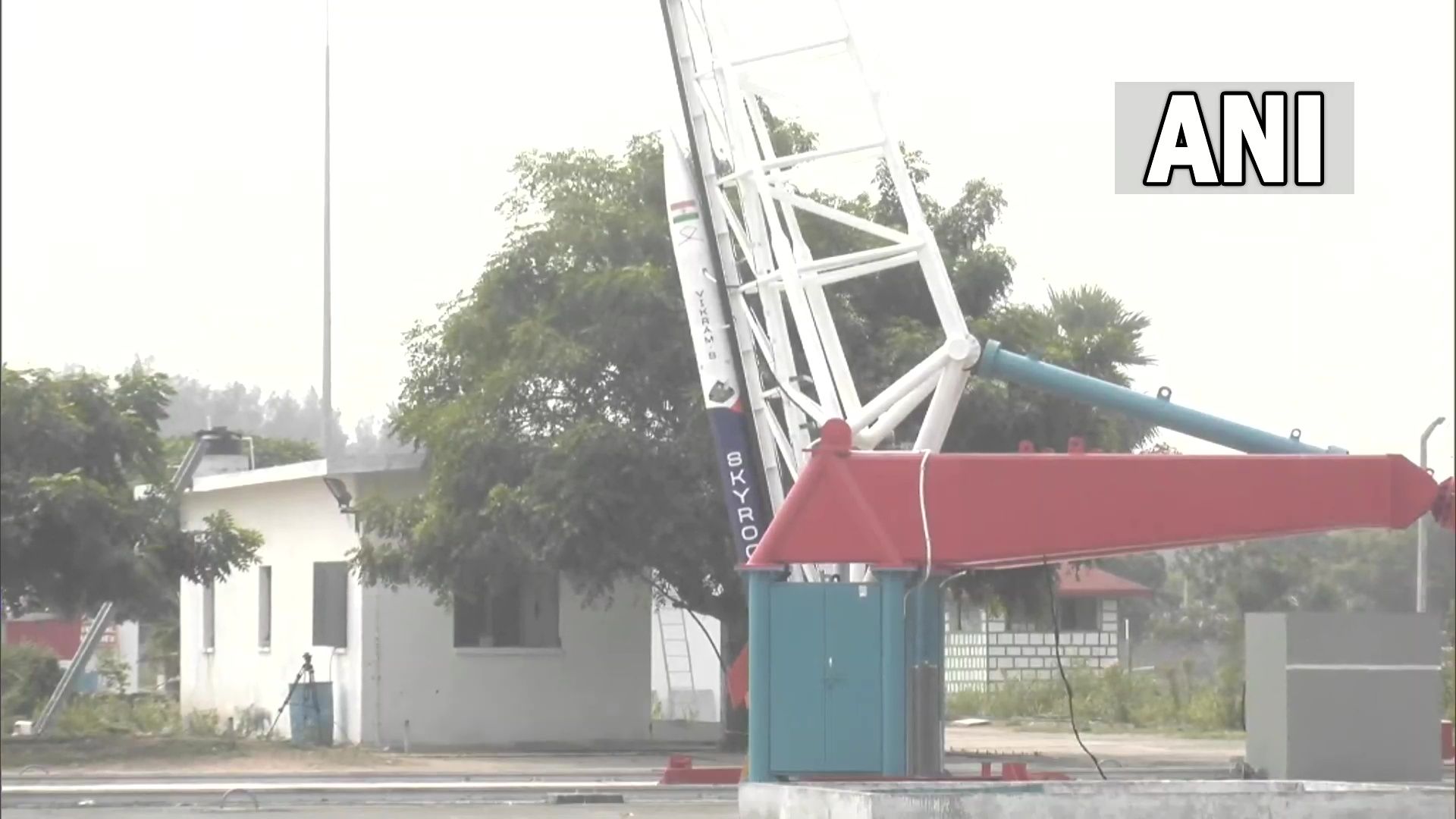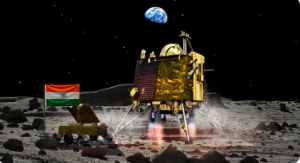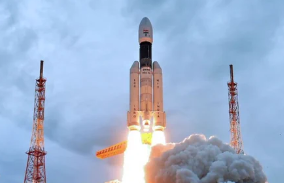Vikram-S, India’s first privately made rocket, was launched from Satish Dhawan Space Centre (SDSC-SHAR), Sriharikota. The mission has been named ‘Prarambh’.
Watch:
The Mission Prarambh is a major development in India’s space sector, making Skyroot Aerospace the first private company to launch its rocket two years after the sector was opened to private players in June 2020.
Also Read | NASA shuttle debris found at the bottom of Atlantic, 37 years after crash
The rocket is named after Vikram Sarabhai, the founder of India’s space programme. Vikram-S carries three satellites, including one by SpaceKidz India called FunSat, parts of which were developed by school students. It also carried payloads of Andhra Pradesh-based N-SpaceTech and Armenian BazoomQ Space Research Lab.
Also Read | SpaceX violated labour laws: Fired employees complain to National Labor Relations Board
The 6-metre-tall Vikram-S soared to an altitude of 81 km after its launch. The Vikram rockets will be able to carry around 290 kg to 560 kg payloads into sun-synchronous polar orbits. The rocket is one of the world’s first few all-composite rockets that has 3-D printed solid thrusters for spin stability to the launch vehicle, according to a report in PTI.
Also Read | Nasa’s Webb space telescope discovers early galaxies missed by Hubble
Dr Pawan Kumar Goenka, chairman, IN-SPACe called it a “milestone” and “a new era” in the space history of India with a private player witnessing a successful launch. “This is a new beginning for the private sector as it enters the space sector,” he added.
Also Read | Artemis I: NASA’s mightiest rocket lifts off 50 years after Apollo
Union Minister Jitendra Singh also attended the launch. He
also shared a photo with the team. “This is indeed a new prarambh (start) for the
private space sector. This is a turning point in India’s startup movement,” he
said on Friday.
According to Skyroot, the technology structure of the launch vehicle Vikram offers unique capabilities like multi-orbit insertion, and interplanetary mission, while providing customized, dedicated, and ride-sharing options covering a wide range of small satellite customer needs.
Also Read | Rocks from the Australian Outback may hold clues to the existence of life on Mars
The launch vehicle is equipped with telemetry, tracking, Global
Positioning System (GPS), on-board camera, data acquisition, and power
systems, it added.
According to Skyroot, the technology structure of the launch vehicle Vikram offers unique capabilities like multi-orbit insertion, and interplanetary mission, while providing customized, dedicated, and ride-sharing options covering a wide range of small satellite customer needs.
Also Read | Rocks from the Australian Outback may hold clues to the existence of life on Mars
Hyderabad-based Skyroot was the first startup to sign a memorandum of understanding (MoU) with ISRO for launching its rockets. Starting in 2018, Skyroot has successfully built and tested India’s first privately developed cryogenic, hypergolic-liquid, and solid fuel-based rocket engines using advanced composite and 3D-printing technologies.







